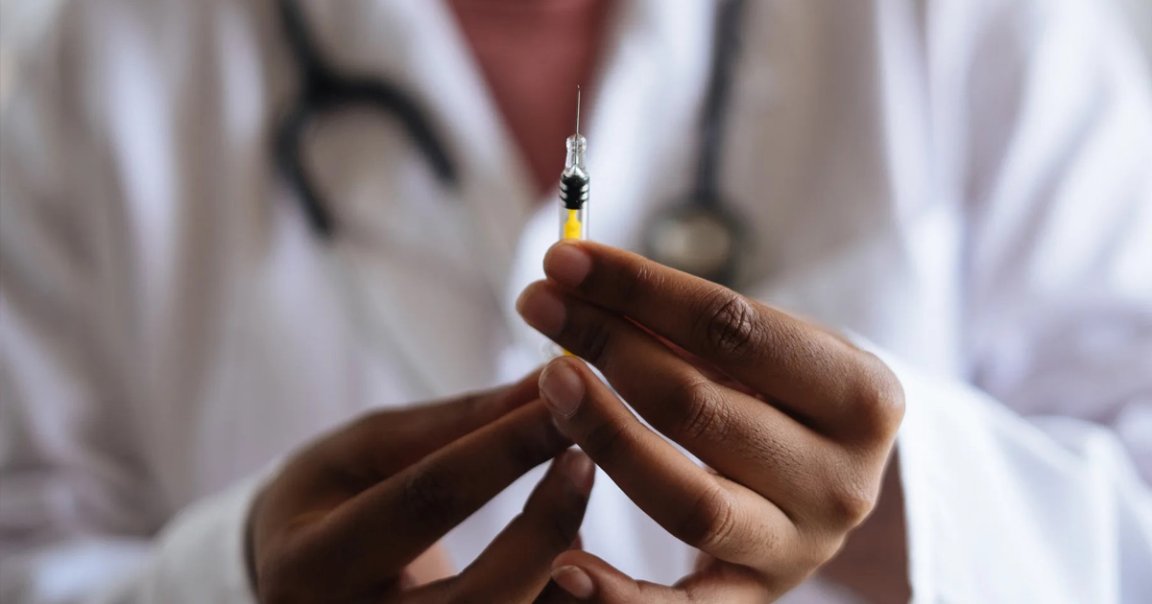
Biotech megacorporation Pfizer announced today that its COVID-19 vaccine, a collaboration with German firm BioNTech, is “more than 90 percent effective in preventing COVID-19,” according to a press release.
“The vaccine will be available for free to all American citizens,” Pfizer CEO Albert Bourla told CNN.
The company’s phase 3 trial involved more 43,000 participants and was conducted double blind. The results caught scientists by surprise, as the efficacy was significantly higher than expected, STAT News points out.
“This is really a spectacular number,” Akiko Iwasaki, immunologist at Yale, told The New York Times. “I wasn’t expecting it to be this high. I was preparing myself for something like 55 percent.”
Pfizer is now planning to submit the vaccine for Emergency Use Authorization to the US Food and Drug Administration after several more weeks of gathering safety data.
If all goes according to plan, the first doses of the vaccine could be given to healthcare workers by the end of the year, The Guardian reports.
Complicating the distribution, however, is the fact that doses have to be stored at -70 degrees Celsius — difficult in places without sufficient infrastructure.
“Today is a great day for science and humanity,” Bourla said during an announcement. “The first set of results from our phase 3 COVID-19 vaccine trial provides the initial evidence of our vaccine’s ability to prevent COVID-19.”
Time is now of the essence.
“We are reaching this critical milestone in our vaccine development program at a time when the world needs it most with infection rates setting new records, hospitals nearing over-capacity and economies struggling to reopen,” Bourla said.
At the same time, experts advised caution as the results have yet to be peer reviewed — all we got today is a press release. We also still don’t know how long immunity lasts or if it is effective in preventing more severe cases of COVID-19.
But if the results hold up, it’s promising news.
“If that headline really number really holds up, that is huge,” Ashish Jha, the dean of the School of Public Health at Brown University, told STAT News, adding that it’s best to wait to see the full results.
“We need to see the actual data, and we’re going to need longer-term results,” Jesse Goodman, professor at Georgetown University, told The Times.
READ MORE: Pfizer’s Early Data Shows Vaccine Is More Than 90% Effective [The New York Times]
More on vaccines: This COVID Vaccine Works For Both Young and Old, Scientists Say in Closed Meeting